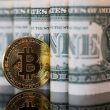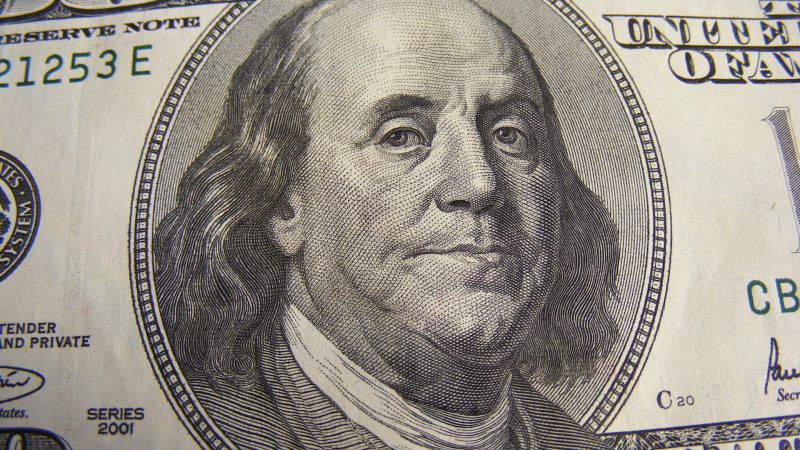Although not a part of the BRICS alliance, Iraq has recently instituted a ban on cash withdrawals and transactions in US dollars. Moreover, that development seems to coincide with an overall global movement away from the greenback. So, what does it mean for the global status of the currency?
Iraq said the ban was rooted in an effort to diminish criminal activity with the currency. However, despite the intention, the ban aligns with de-dollarization efforts that have abounded throughout the year. As BRICS continues to commit to the idea, the global finance sector could continue to find a place within it.


Also Read: BRICS Global Oil Supply Rises From 30% to 41% in 2023
Iraq Bans Cash Dollars, So What Does That Mean for BRICS De-Dollarization?
Over the last several months, the prevalence of BRICS has been an undeniable topic. The economic alliance has seen itself grow in relevance and size so far this year. Specifically, its 2023 annual summit saw it welcome six countries to its expanded membership.
Moreover, one of the key aspects of the bloc’s operations is its efforts to diminish Western influence on global finance. Although not a part of the BRICS, Iraq has recently instituted a ban on cash withdrawals and transactions in US dollars. What effect, if any, could that have on de-dollarization and the BRICS hopes?


Also Read: Putin Calls on BRICS to Reform Global Finance
Although the move doesn’t seem to have international intentions, Iraq’s cash ban does align with the opposition’s decision regarding the greenback. The BRICS bloc has embraced these wholeheartedly this year. International trade settlements within the bloc have been done outside of the greenback, with local currencies’ usage seeking to grow. Subsequently, Iraq’s ban, at the very least, coincides with that growing sentiment.
However, it is also important to note that Iraq’s decision doesn’t necessarily combat US dollar usage. Conversely, the decision is only to protect the country from illicit usage of its cash currency. Moreover, it allows its citizens to withdraw the currency on a card but does not allow physical acceptance of the asset.
Still, the perception of a de-dollarized world is growing. Iraq’s decision adds to that growing sentiment and could inadvertently connect to a lessening opportunity for the use of the currency within the country. Alongside the BRICS actions, these displays could further hinder the greenback’s presence globally.





